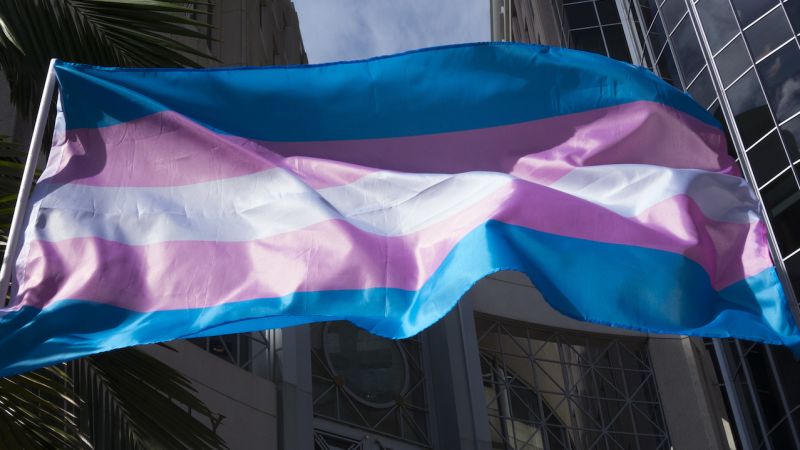Vivian Jenna Wilson, who is the estranged daughter of Elon Musk, publicly refuted recent anti-trans statements made by her father regarding her gender identity. Musk had made comments suggesting Wilson was born gay and slightly autistic, and described a story where she would pick out clothes for him to wear and call them “fabulous.” In response, Wilson, who is transgender, called these depictions false and criticized her father for perpetuating untrue gay stereotypes about her. She also mentioned that Musk was not present for much of her childhood and did not know what she was really like.
Elon Musk has shown a shift towards right-wing politics in recent years, sharing anti-immigration, anti-diversity, equity, and inclusion (DEI), and anti-trans views on X. He claimed in an interview with Jordan Peterson that he was “tricked” into signing medical documents for Wilson’s transition during the Covid-19 pandemic. Musk vowed to “destroy the woke mind virus” after his daughter’s transition, further indicating his disapproval of progressive ideologies. His comments and actions have been criticized by many, particularly within the transgender community.
Musk has a history of making derogatory remarks about gender pronouns and has faced backlash for insensitive comments regarding transgender individuals. He has rolled back safety protections for transgender people at X and has even dismissed the term “cisgender” as a slur. In his authorized biography, Musk attributed his daughter’s transition to her time at a progressive school in Los Angeles. Wilson sought to legally change her name and gender in 2022 to distance herself from her father, but her recent responses to his comments are her most forceful pushback to date.
In the Peterson interview, Musk referred to his child as “dead” following her transition, and also stated that Wilson was “not a girl.” Wilson responded by posting a video clarifying that she is doing well and legally recognized as a woman in California. She concluded by urging her father to “touch some grass,” indicating a dismissive attitude towards his opinions. Wilson’s public statements show a strong stance against her father’s comments and a desire to assert her identity and autonomy separate from him.
The ongoing public dispute between Wilson and Musk highlights the complexities of family relationships, identity, and acceptance. Wilson’s rejection of her father’s comments and insistence on her own identity reflect a larger societal struggle for understanding and respect towards transgender individuals. Musk’s shift towards right-wing ideologies and anti-trans views also underscore the importance of diversity, equity, and inclusion in all spaces, including high-profile companies like X. The tension between personal beliefs and societal progress is evident in this situation, prompting conversations about acceptance, respect, and the impact of harmful rhetoric on marginalized communities.


